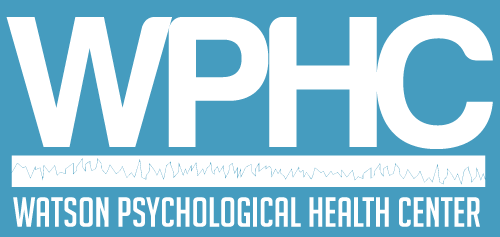how do feel about the technology changes in mental health?
Navigating the Intersection of Mental Health and Technology: Trends, Challenges, and Solutions"
Introduction: In an increasingly digital world, the relationship between mental health and technology has become more complex than ever before. From social media to mental health apps, technology both shapes and reflects our understanding of mental wellness. Exploring this intersection reveals evolving trends, pressing challenges, and innovative solutions that are reshaping how we approach mental health care in the digital age.
Trend Topic: Tech-Driven Therapeutics: The Rise of Digital Mental Health Solutions.
Body:
The Proliferation of Mental Health Apps: With the widespread adoption of smartphones, mental health apps have surged in popularity. These apps offer a range of services, from meditation and mindfulness exercises to cognitive behavioral therapy (CBT) programs. Users can access support anytime, anywhere, making mental health care more accessible and destigmatized.
Virtual Therapy Platforms: Teletherapy and virtual counseling platforms have gained traction, particularly in the wake of the COVID-19 pandemic. These platforms offer remote access to licensed therapists, breaking down geographical barriers and providing support to individuals who may otherwise struggle to access mental health services.
Data-Driven Insights for Personalized Care: Advancements in data analytics allow for the collection and analysis of vast amounts of user data from mental health apps and wearable devices. This data can provide valuable insights into users' behaviors, emotions, and mental states, enabling personalized interventions and tailored treatment plans.
The Role of Social Media in Mental Wellbeing: While social media platforms offer connectivity and support networks, they also present challenges to mental health. Issues such as cyberbullying, social comparison, and digital addiction can negatively impact users' wellbeing. Understanding these dynamics is crucial for promoting a healthier online environment.
Ethical Considerations and Privacy Concerns: The collection and utilization of sensitive mental health data raise ethical questions regarding consent, confidentiality, and data security. Striking a balance between leveraging technology for therapeutic benefits and safeguarding users' privacy rights is paramount.
Conclusion:
As technology continues to shape the landscape of mental health care, it's essential to stay informed about emerging trends, challenges, and ethical considerations. By harnessing the potential of digital mental health solutions while addressing their limitations, we can work towards a future where mental wellness is accessible, inclusive, and supported by innovative technologies.

